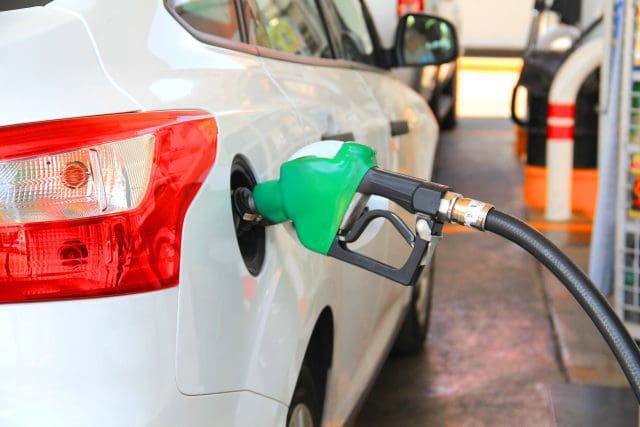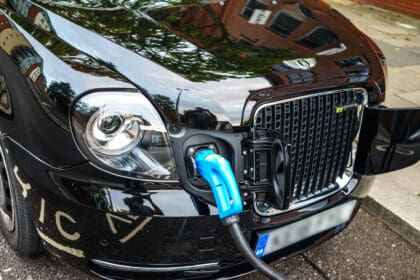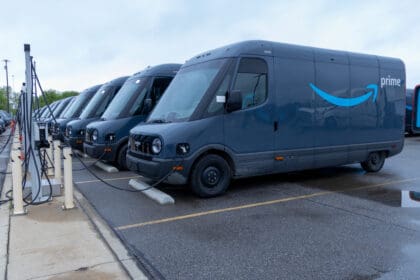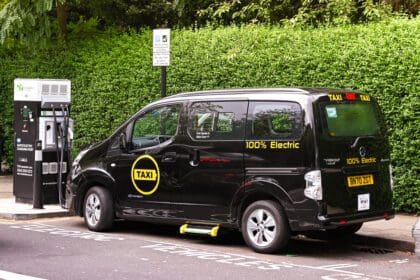For those who drive for a living, soaring fuel costs are a real concern for their business.
In the past 12 months, the price of diesel has gone up by an average 48p a litre and as it continues to rise, taxi drivers who are feeling the pinch are looking to electric vehicles to avoid being priced off the roads.
As prices continue to rise at the pumps, Chancellor Rishi Sunak last week announced a 5p-a-litre reduction in fuel duty. Despite the Chancellor’s action after listening to calls from motorists, drivers are still paying around £1.80 a litre for diesel.
And while saving 5p a litre isn’t enough to immediately take the pressure off drivers, media reports over the weekend suggest that less than 3p of the 5p reduction in fuel duty is actually being passed on to motorists.
Drivers have also reported that filling stations which are charging closer to £1.66 a litre – usually attached to supermarkets – have seen huge queues build up as drivers try to save as much as they can when filling up.
The switch to greener vehicles was intended to be a gradual one, with the government banning the sale of new diesel and petrol vehicles after 2030 in a bid to reduce emissions and protect the environment.
People were getting get used to the idea and the tipping point occurred in 2020 with a 186% increase in the number of electric vehicle sales compared to the previous year.
This is likely to further increase as the pain at the pumps continues. Many people cannot afford to keep on paying more to fill up their cars and are looking for alternatives now.
Patons Insurance has seen a surge in drivers not only switching to their taxi insurance to electric vehicle sand hybrids, but also in the number of inquiries to the taxi sales team which supplies vehicles to the trade, with many drivers looking at electric vehicles as they try to steer themselves away from fossil fuels.
Apart from avoiding soaring fuel costs, electric vehicles are ideal for taxi drivers who operate in towns and cities, often undertaking short journeys and never too far away from charging points.
Hybrid vehicles are also proving popular among drivers whose work includes a mix of short as well as longer journeys, such as airport transfers. They are still better for the environment than conventional petrol and diesel engines and the more they run on the electric motor, the more they save at the pumps.
Taxi drivers have been getting in touch with Patons with inquiries about the Hyundai IONIQ SE Connect. With its self-charging hybrid technology, it has a range of up to 625 miles and is designed to be elegant and spacious, providing comfort for journeys of any length.
Patons also offers the award-winning MG5 EV Long Range estate with plenty of room for passengers and luggage. It offers a combined range of 250 miles but for taxi drivers who spend most of their time driving in busy towns and cities, the estimated range is 344 miles. It was named Best Large Electric Car for Value and Best Electric Estate in the prestigious What Car? Awards.
One of the unintended consequences of soaring fuel prices appears to be that people will be switching to electric vehicles sooner than many had expected.
And taxi drivers could make savings by switching sooner. The 48p per litre increase in diesel since last year equates to a rise of £2.18 per gallon. For an average taxi doing 50mpg and driving 30,000 miles in a year, they could pay £1,309 more at the pumps – as well as whatever next year’s prices rise by.




